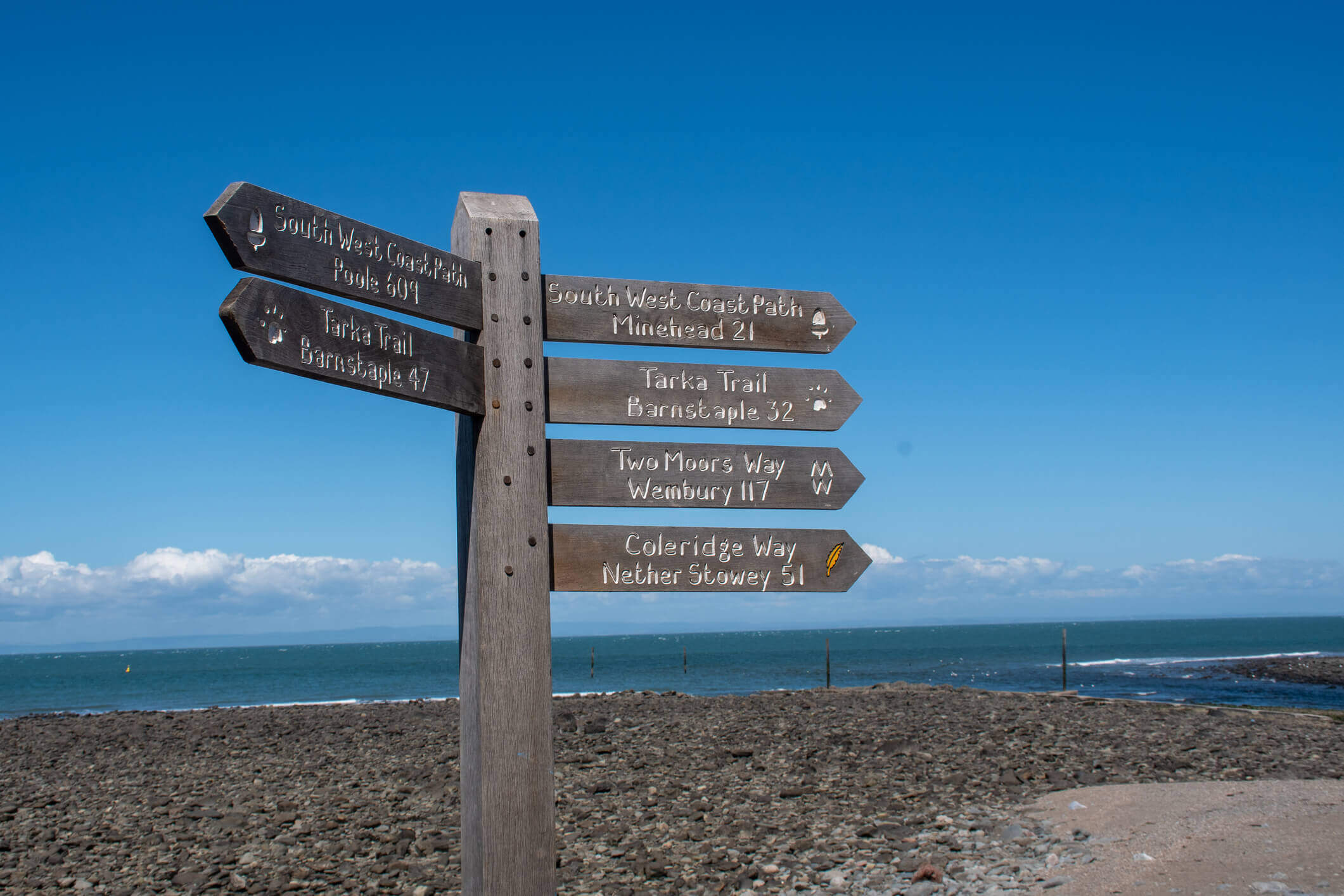
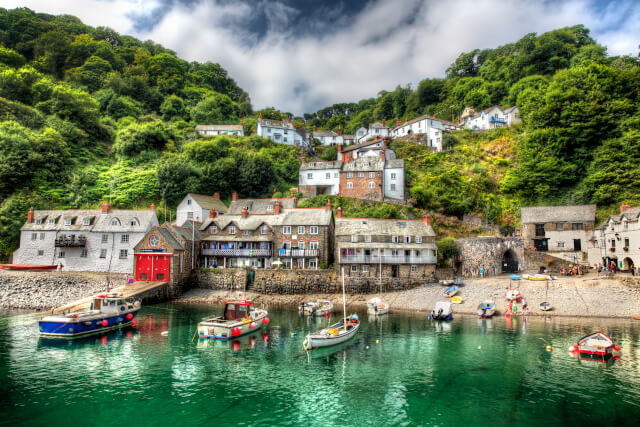
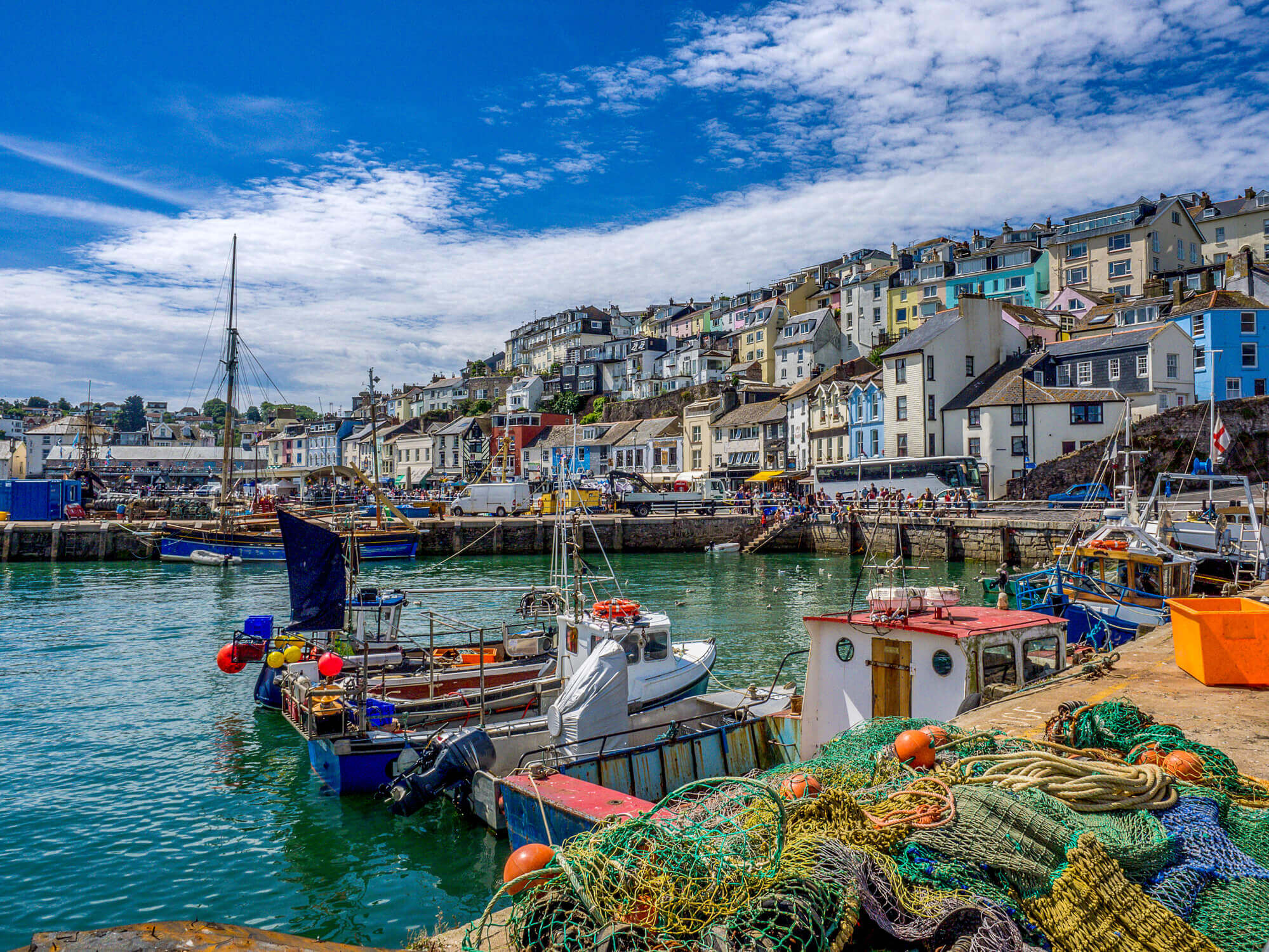
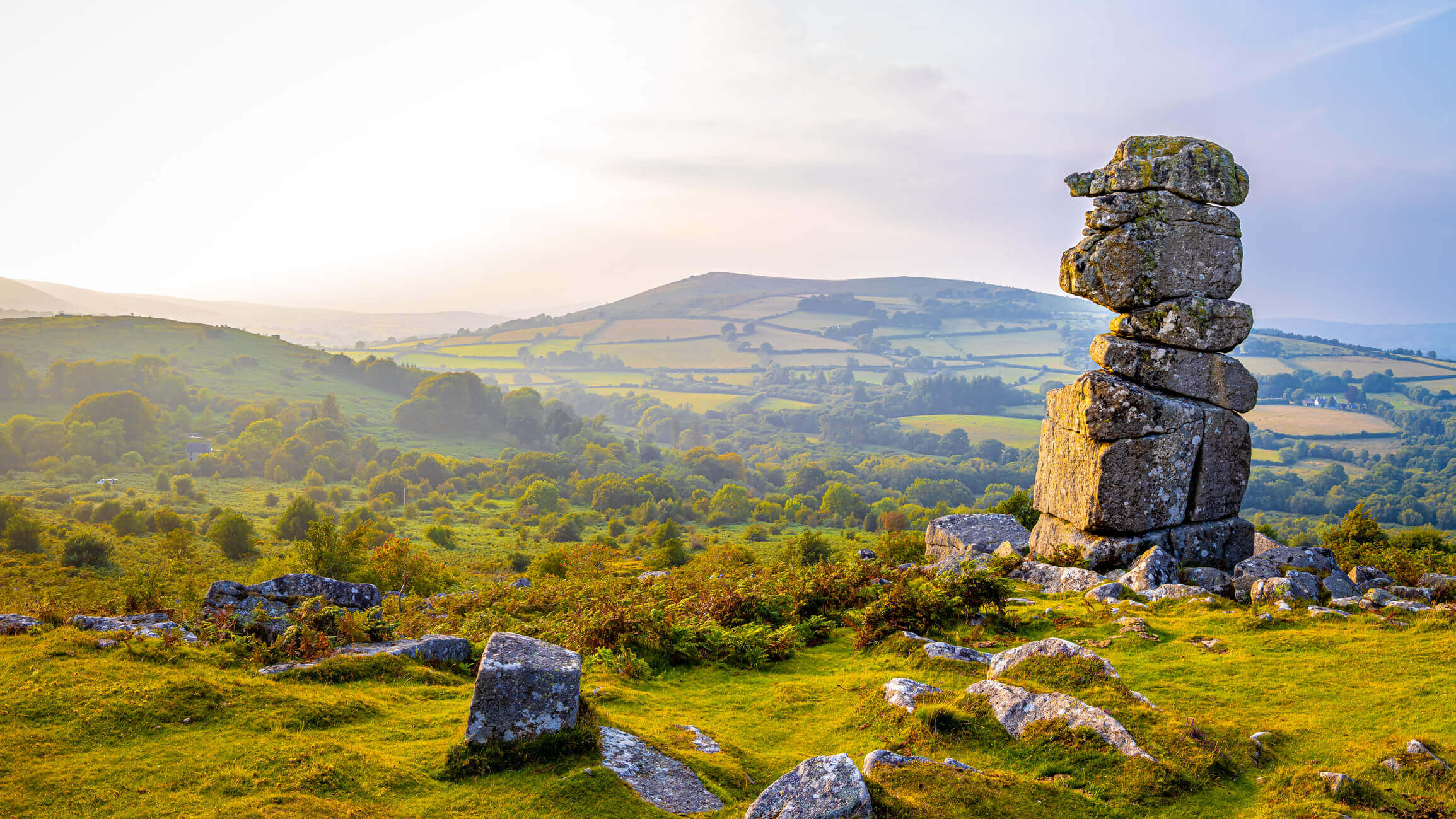
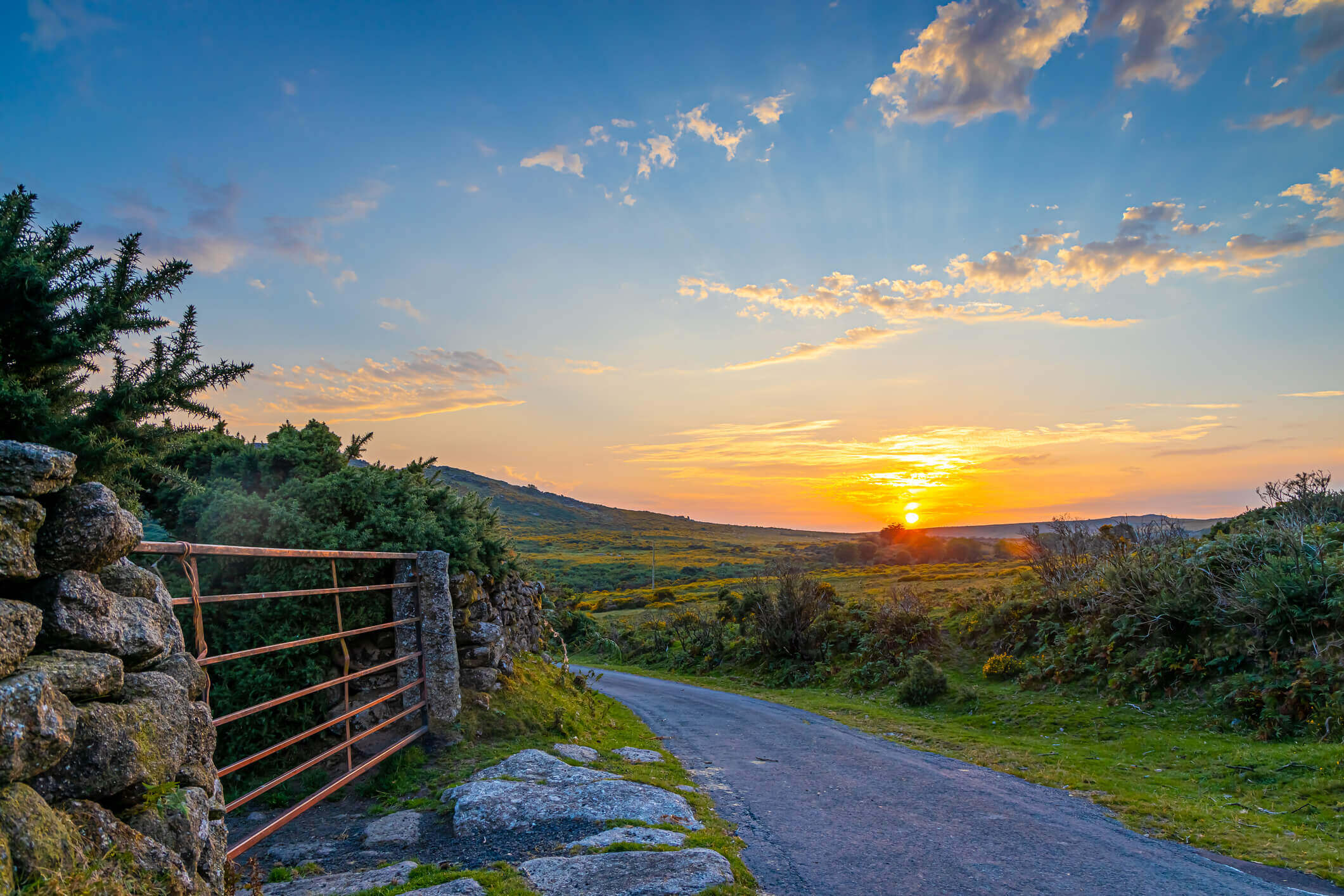
With medieval towns and rolling countryside, golden beaches and fossil-rich cliffs, there are endless opportunities to enjoy the Devonshire landscape.
Travel through the quaint harbour towns of the English Riviera and discover relics of the pre-historic past along the Jurassic Coast, or ramble unspoilt countryside in two National Parks and five Areas of Outstanding Natural Beauty – you’re spoilt for choice!
The ancient city of Exeter boasts city walls, a Norman castle, and a stunning Gothic cathedral, whilst the cobbled streets of Exeter are brimming with craft boutiques selling local handmade goods.
The county of Devon is the epitome of typical English beauty, with a huge range of fantastic places to discover. We have so much information on this incredible area throughout our blog and travel guides.
View our Cottages in Devon and browse our Devon Travel Guide to get the most out of your trip…

Bonfire Night in the UK is fast approaching and we’ve found the 7 best Bonfire Nights and firework displays...
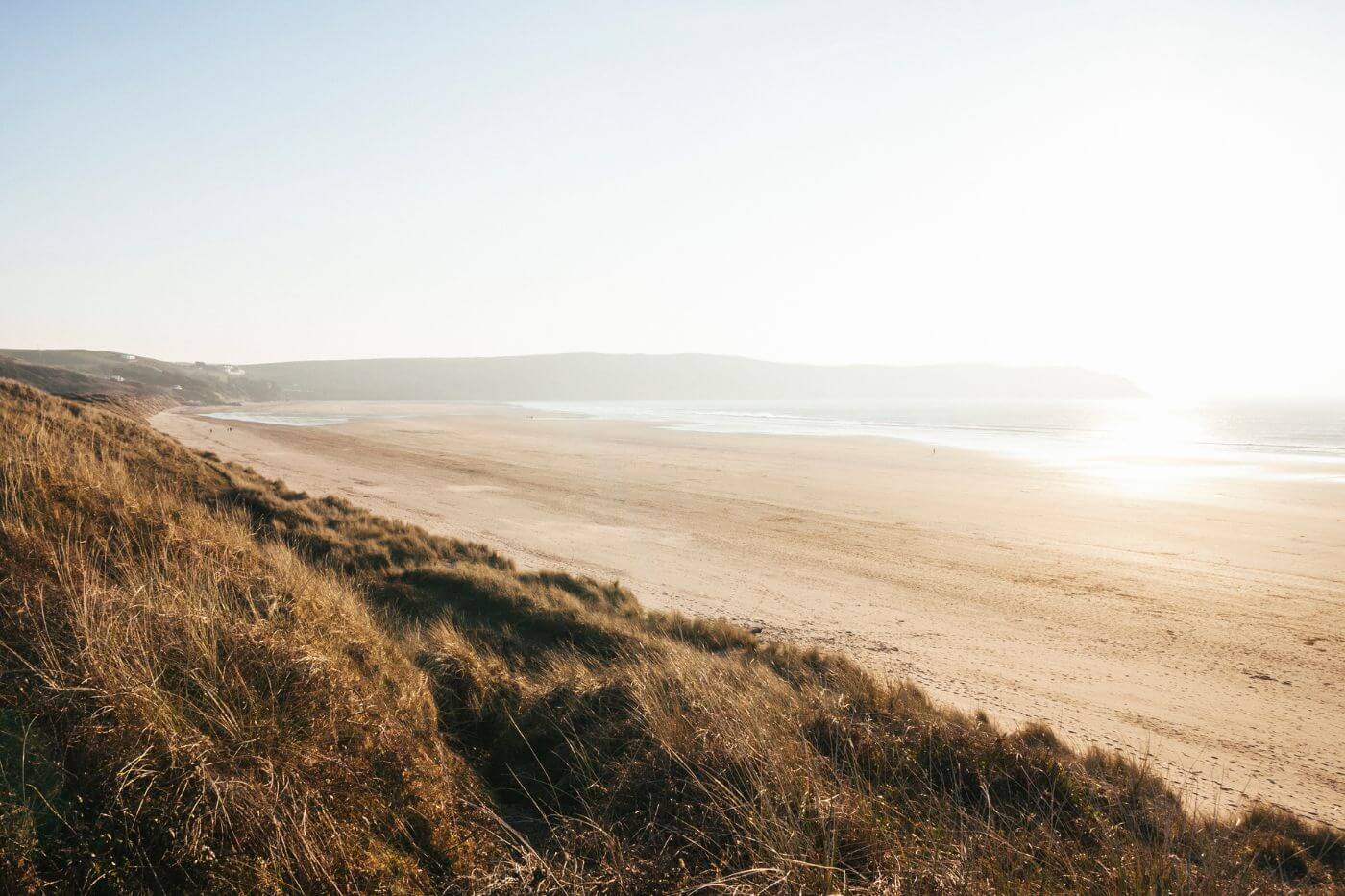
North Devon beaches are renowned for their outstanding natural beauty, with golden sands, secluded coves and rugged cliffs. A...

There’s much for your furry friend to enjoy at the beach, from playing fetch to going for a swim....
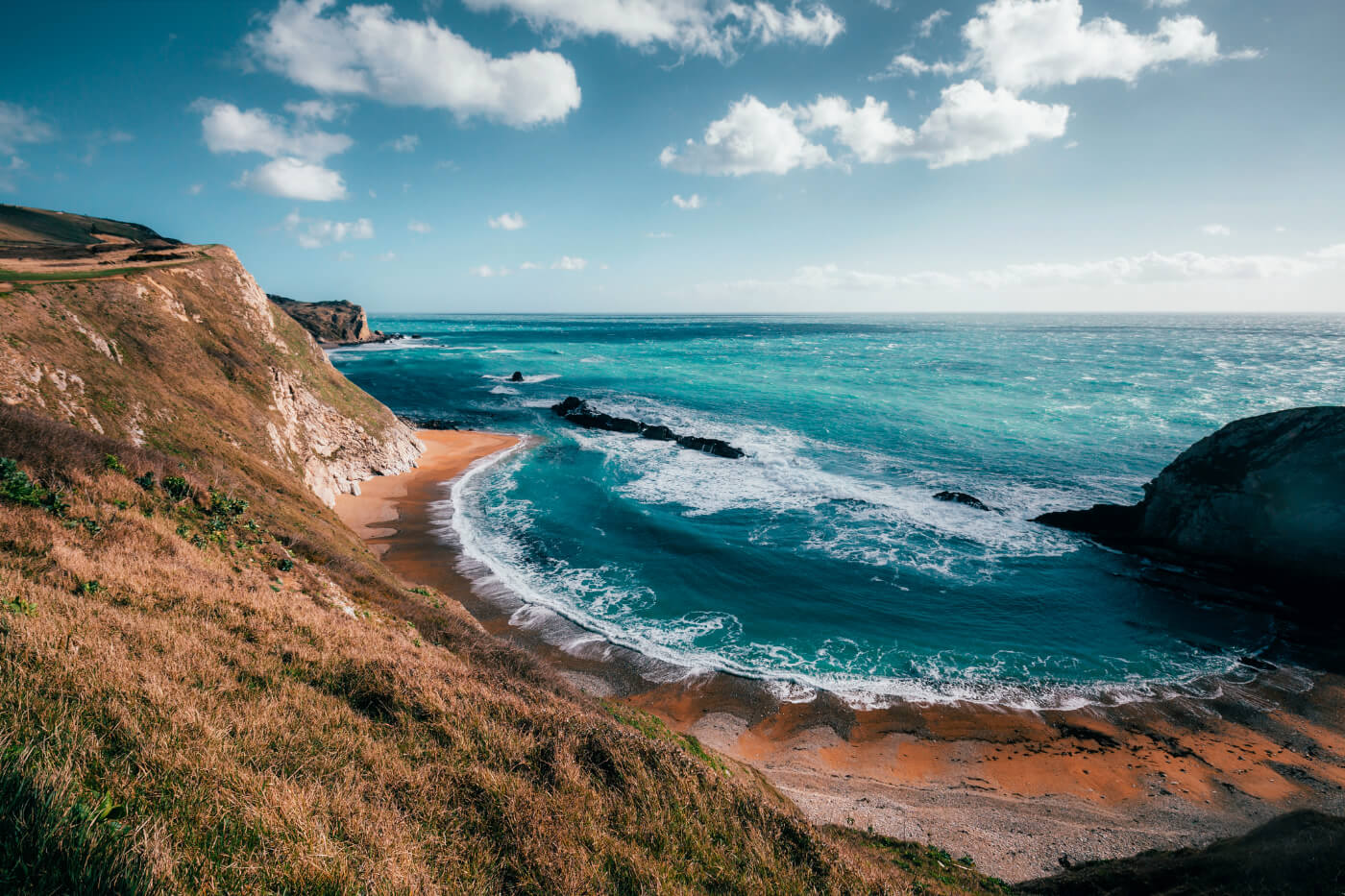
If spending your holiday on an overcrowded beach doesn’t sound appealing, then we have a solution! Check out this...

Are you looking for things to do on a rainy day in the UK? We all know that the...
Are you on the phone to our call centre? Your Customer ID is: